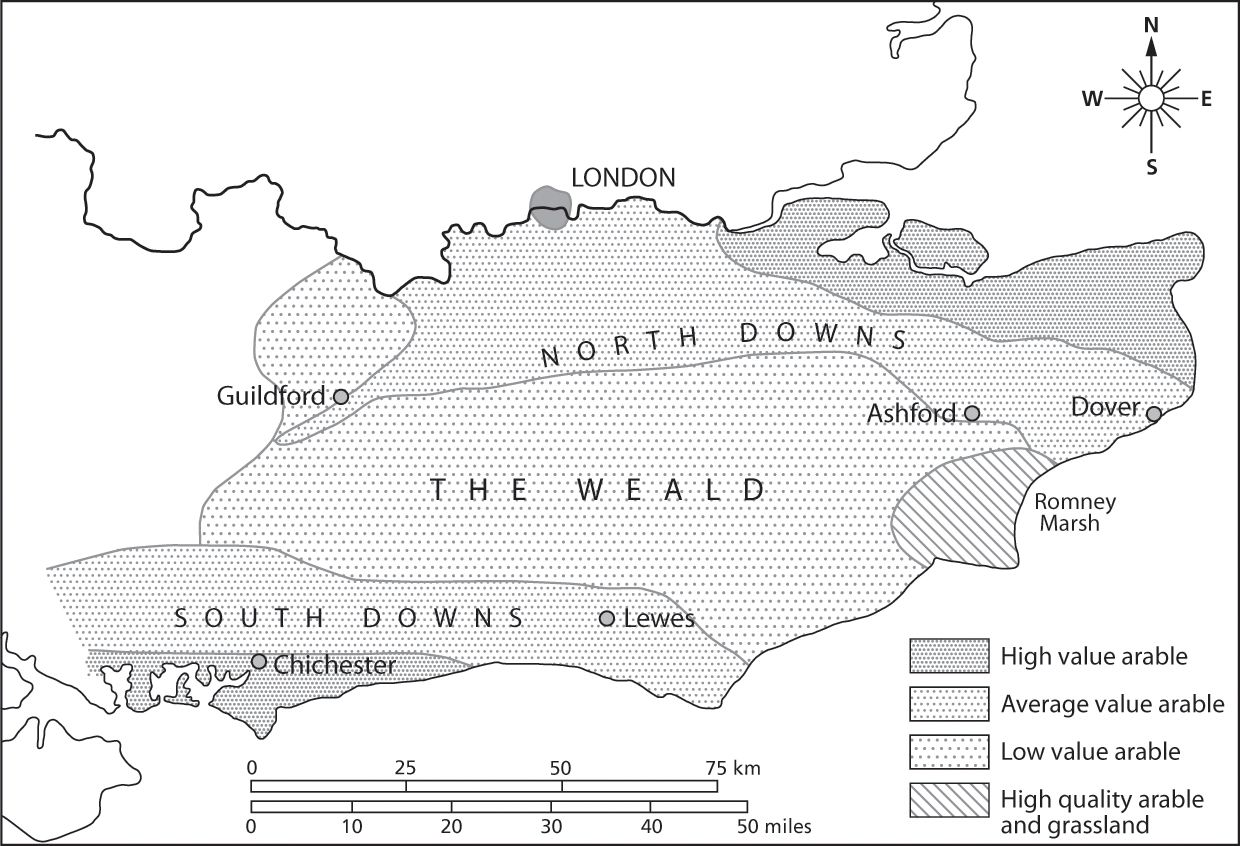By the late thirteenth century the earlier medieval belief that law is custom and that it cannot be made was fading, and Edward I enacted a great series of systematizing statutes. Edward’s statutes were framed by the experts of the small council, who elaborated and expanded the machinery of government. Each of the statutes was really a large bundle of different enactments.
Taken together, they show us an England in which the suzerain-vassal relationship was becoming a mere landlord-tenant relationship and in which the old duties of fighting were becoming less important than financial obligations. The second Statute of Westminster (1285), for example, was designed to assure the great landowner that an estate granted to a tenant could not be disposed of except by direct inheritance: This is what we could call entail. Similarly, the Statute of Mortmain (1279) prevented transfer of land to the church without the consent of the suzerain.
The church placed a “dead hand” (mortmain) on land and could hold on forever to any land it received; lay landlords, therefore, found it highly unprofitable to see portions of their holdings transferred to clerical hands. Besides these statutes, which protected the interest of the landlord, Edward I, in a statute of 1290, commanded the barons to show by what authority (quo warranto) they held any privilege, such as the right to have their own court of justice.
Under Edward the business of royal justice increased steadily, and specialized courts began to appear. The Court of Common Pleas, which handled cases that arose between subjects, had begun to take shape earlier, but now it crystallized into a recognizable, separate body. The new Court of King’s Bench handled criminal and Crown cases, and a special Court of Exchequer dealt with disputes about royal finance.
Edward I also regularized and improved existing financial and military practices. He made permanent the king’s share in export duties on wool and leather, the burden of which fell mostly on foreigners, and in customs dues on foreign merchandise, which soon became the most important single source of royal income—eloquent testimony to the flourishing commerce of the period. At the request of Parliament, Edward did away with an important source of loans, expelling the Jews from England in 1290.
Edward I’s Parliament of 1295 is traditionally called the Model Parliament because it included all classes of the kingdom—not only barons, higher clergy, knights of the shire, and burgesses, but also representatives of the lower clergy. In the royal summons of 1295 appeared a celebrated clause: “What touches all should be approved by all.”
Edward required all freemen to equip themselves for military service. The less wealthy served as foot soldiers, but those with a certain minimum amount of property were compelled to become knights and serve on horseback, in part for financial reasons: Once they had achieved knight’s status, the king could collect feudal dues from them.
Edward’s vigorous extension of royal power aroused the same sort of opposition that had plagued John and undone Henry III. In 1297 both the clergy (under the influence of Pope Boniface VIII) and the barons refused to grant the aid that Edward wanted; they were able to make him confirm Magna Carta and promise not to make any nonfeudal levy without first obtaining consent. Unlike the French monarchs, the English kings had encountered a corporate baronial opposition, which by forcing consultation upon the king had begun to create new institutions.
In France, the Capetian kings, beginning as relatively powerless and insignificant local lords, had by 1300 extended their royal administration into the lands of their great vassals and created the institutions of a powerful centralized monarchy. The question of the English claims to large areas on the Continent remained to be settled in the grim struggle of the Hundred Years’ War.
In England, on the other hand, the Norman conquerors proved able to make the most of existing Anglo-Saxon institutions and to superimpose effective feudal monarchy, while they and their successors developed the common law, bringing not only money and power to the monarch but also relative security to the subject.
Whereas in France the vassals were unaware of the danger to their position until it was too late, and were too divided among themselves to unite in opposition to the monarch’s aggressions, in England the vassals early recognized the need for presenting a united opposition if they were to preserve their rights.
Out of their opposition emerged the guarantees that limited the king: promises given in the first instance on behalf of the great vassals, though later subject to much broader interpretation. By the early fourteenth century, out of the king’s need to obtain assent for taxation and out of the custom of consultation between king and subject, there was beginning to emerge a recognizable parliament that would have a major impact on the world.

